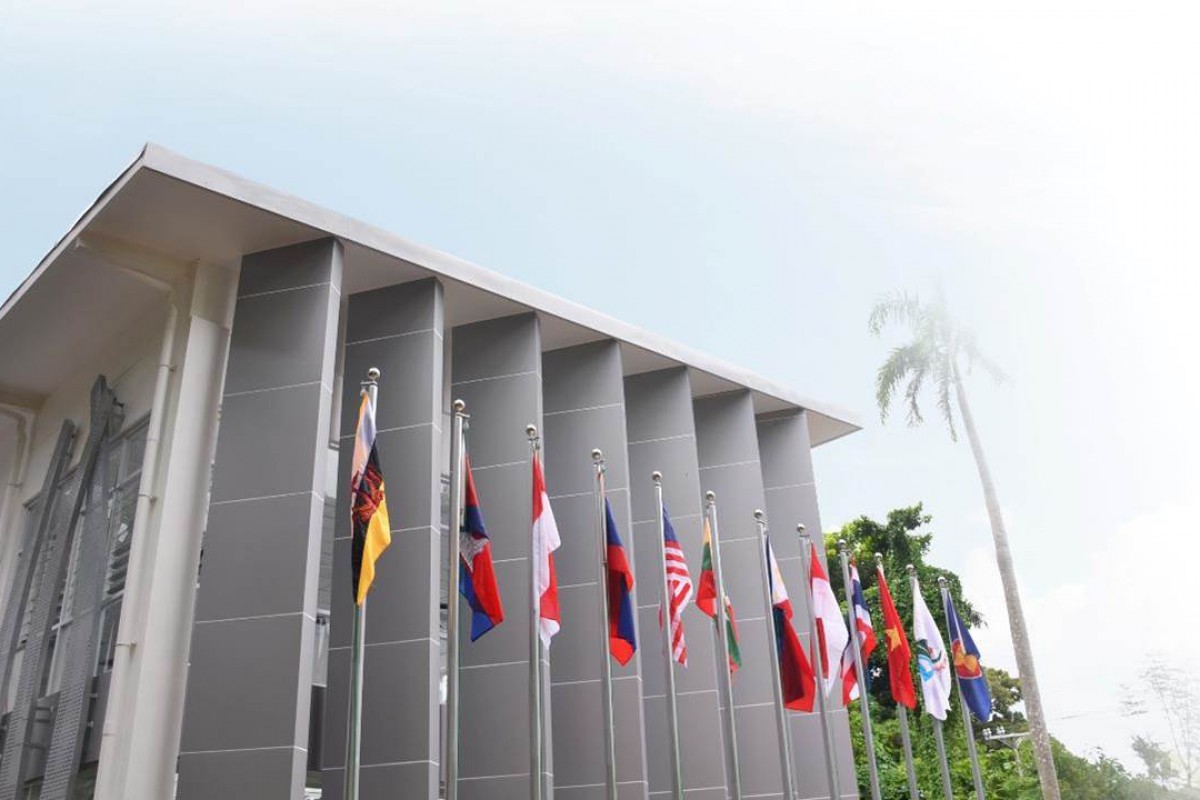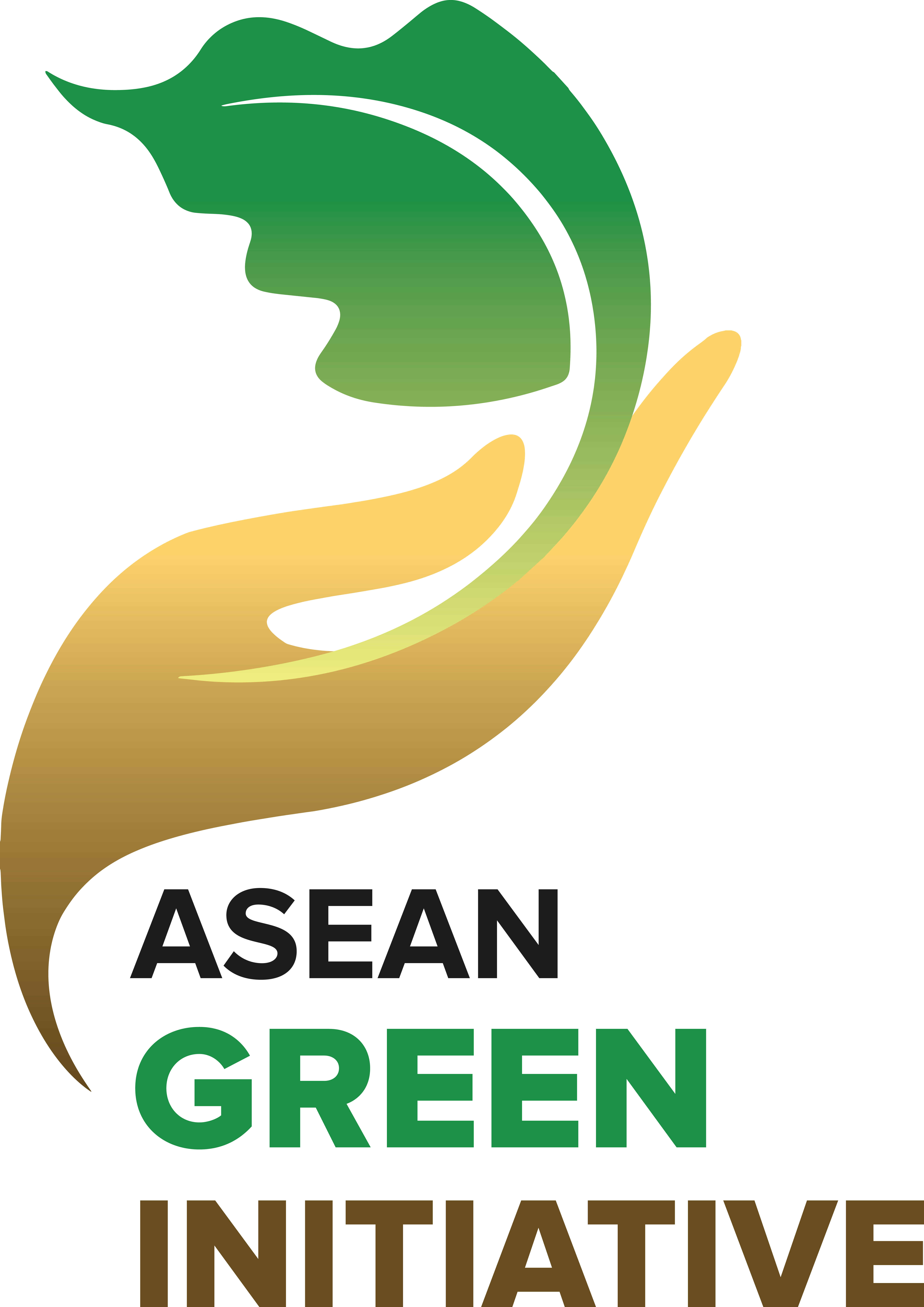LAGUNA -- The ASEAN Member States took part in the sessions of the first part of the 15th meeting of the Conference of Parties (COP 15) to the Convention on Biological Diversity (CBD), joining the global call to scale up efforts in mainstreaming biodiversity in the decision-making processes across sectors.
“The ASEAN Member States have agreed to, among others, to intensify regional efforts on protected areas, in particular, to improve the management effectiveness of ASEAN Heritage Parks, through research, technology transfer, innovation, capacity enhancement, and the adoption of sustainable financing strategies,” according to the ASEAN Joint Statement delivered by Brunei Darussalam in an intervention at the High-Level Segment of the COP 15 on 13 October 2021.
Brunei Darussalam is this year’s chair of ASEAN under the theme, “We Care, We Prepare, We Prosper.”
In the statement, the ASEAN Member States call for the parties of the CBD and other governments to develop a post-2020 global biodiversity framework “that will conserve and restore priority ecosystems with strong actions to curb species extinctions, improve management effectiveness of protected areas, promote sustainable use, and secure the fair and equitable benefit-sharing from the utilisation of genetic resources.”
“Transformative action, mainstreaming biodiversity across various development sectors, and the sustainable management of ecosystems, including through ecosystem-based approaches, nature-based solutions, as well as the participation and contributions of subnational governments, the private sector, IPLCs, women, and the youth, are but a few measures that the ASEAN Joint Statement identifies as our ways forward,” Brunei Darussalam said.
In a video message, ACB Executive Director lauded the leadership of the People’s Republic of China in the COP 15 under the theme “Ecological Civilization-Building a Shared Future for All Life on Earth.”
“These are unprecedented times with manifold challenges. The scourge of the COVID-19 pandemic has exacerbated the precarious state of our people and our planet. On top of this, the world continues to experience the grave impacts of biodiversity loss and climate change. Now is the time for our concerted actions,” Dr. Lim said.
She said with the growing traction of synergies among the multilateral environmental agreements and mainstreaming of biodiversity considerations into development sectors, the challenges “may be critical but certainly not insurmountable.”
The High-Level Segment of the COP 15 closed on Wednesday with the adoption of the Kunming Declaration, where Parties to the Convention committed to develop, adopt, and implement an effective post-2020 global biodiversity framework that would put biodiversity on a path to recovery by 2030 at the latest, towards the full realisation of the 2050 Vision of “Living in Harmony with Nature.”
The landmark post-2020 global biodiversity framework is due to be adopted at part two of the UN Biodiversity Conference in May 2022, following further formal negotiations in January 2022. (ACB)




